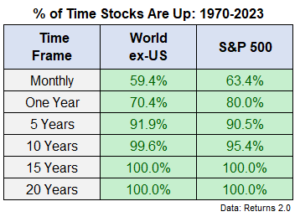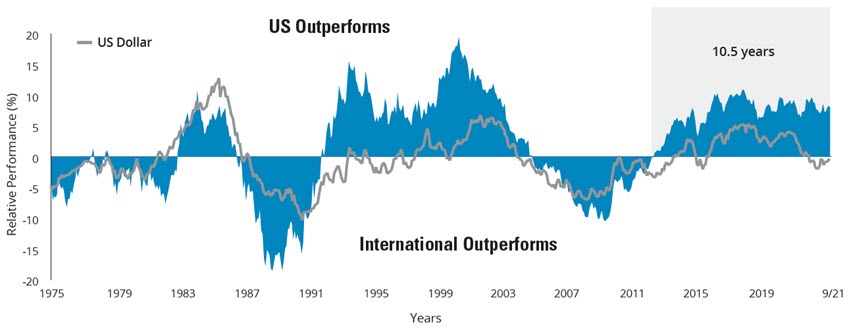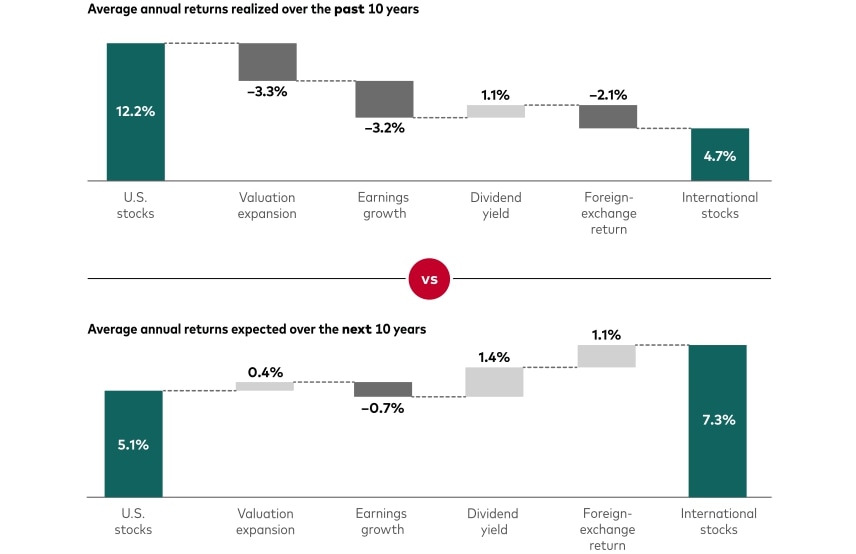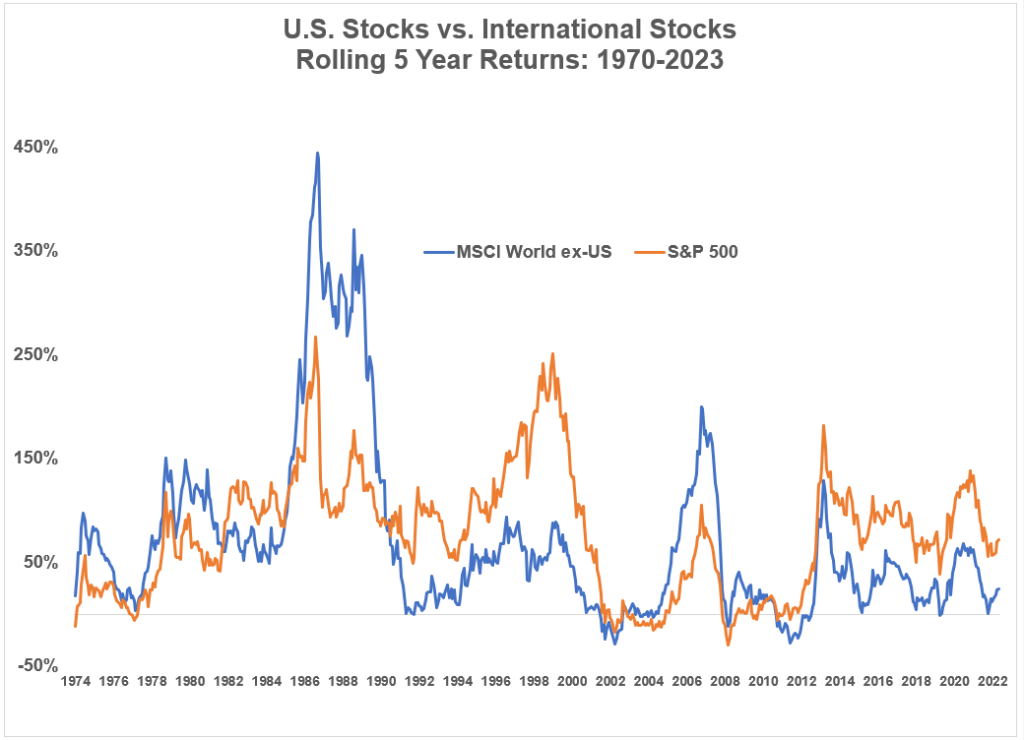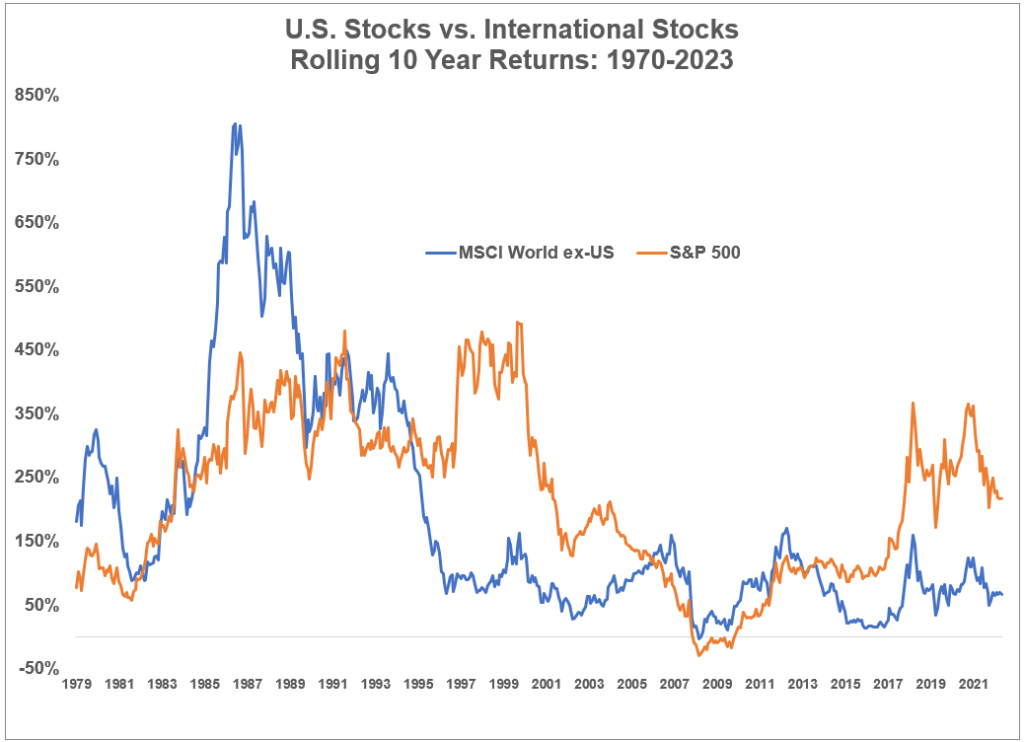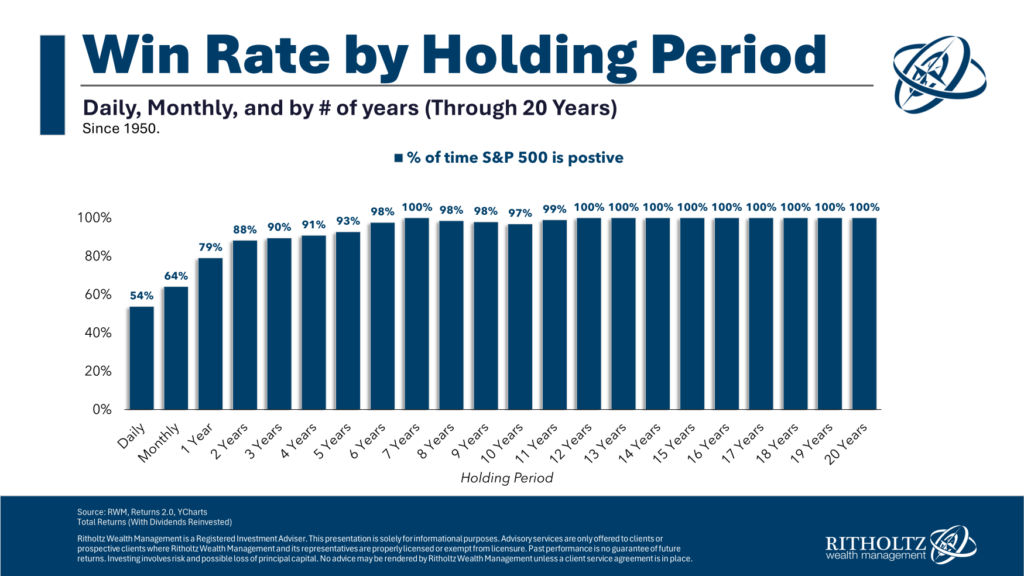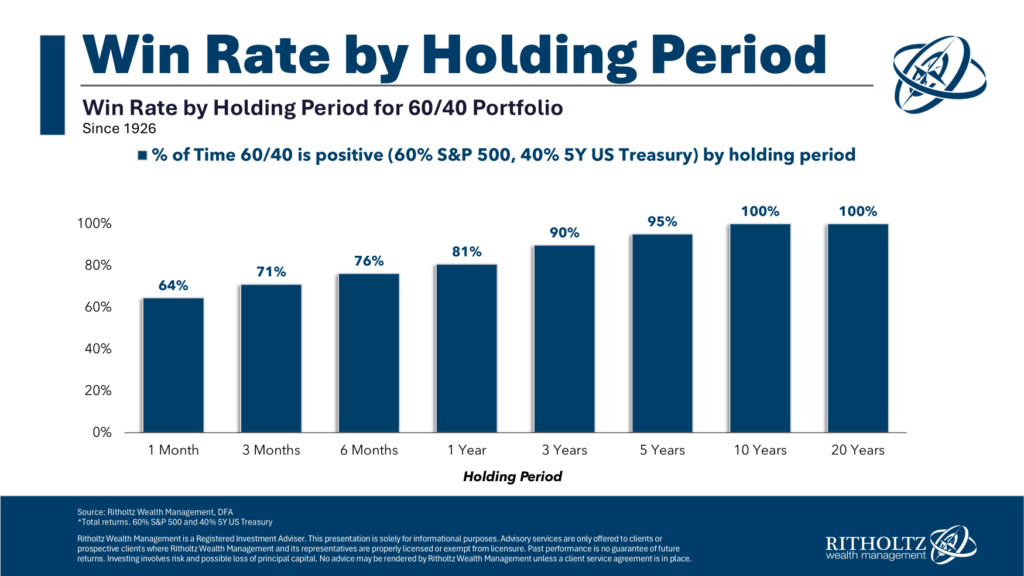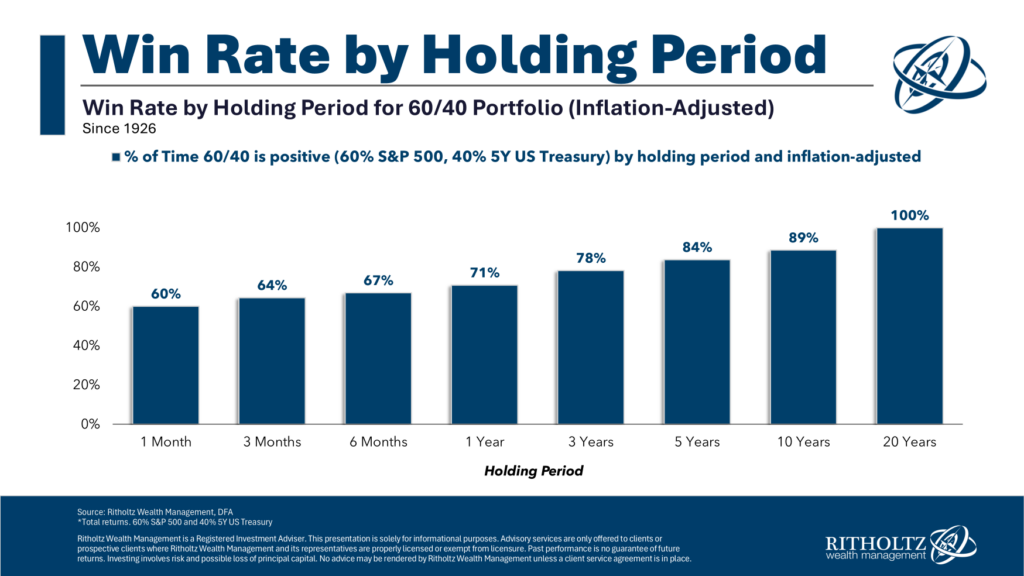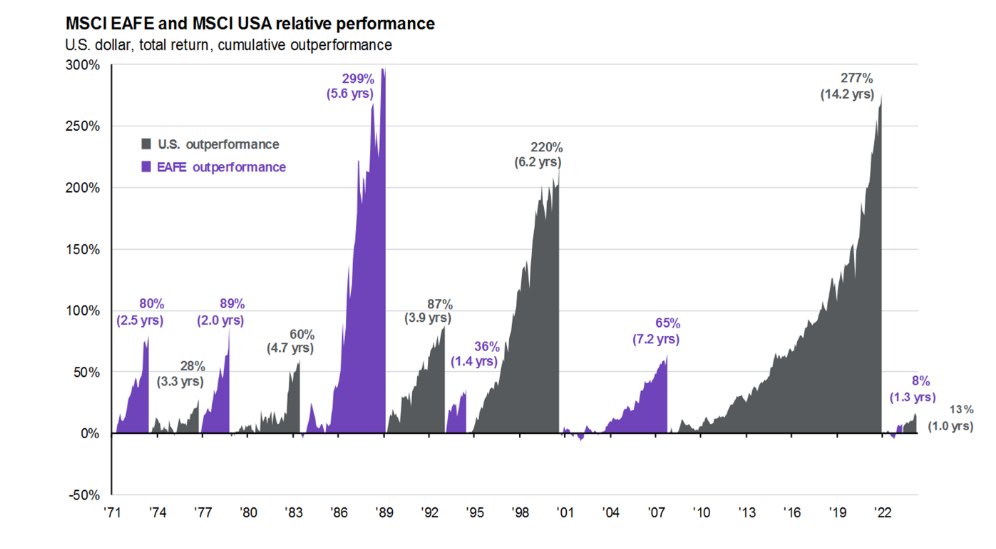Podcast: Play in new window | Download

The Right Time to Start
According to Chace, the optimal time to begin thinking about estate planning is when an individual turns 18. Before that age, parents have legal guardianship and can make medical or financial decisions for their child. However, once a person turns 18, they are legally considered an adult, and parents lose the ability to make those decisions without proper legal documentation. Chace explains, “The moment that child turns 18, parents are no longer able to handle any of the child’s affairs, financial or health.” This means that in the case of a medical emergency, if an 18-year-old does not have a power of attorney in place, parents may need to go through an expensive and time-consuming probate process just to speak on behalf of their child.Essential Documents for Young Adults
For young adults, Chace recommends having at least three key documents in place:- A Simple Will: While this might seem premature, a will ensures that any assets or responsibilities are handled according to the individual’s wishes.
- Power of Attorney (Financial): This durable document allows a trusted person, often a parent, to manage financial matters if the young adult is incapacitated.
- Healthcare Power of Attorney: This document ensures that someone can make medical decisions if the individual is unable to do so. In scenarios such as a car accident or coma, the absence of this document can leave parents unable to consent to vital medical treatments due to legal and HIPAA restrictions.

